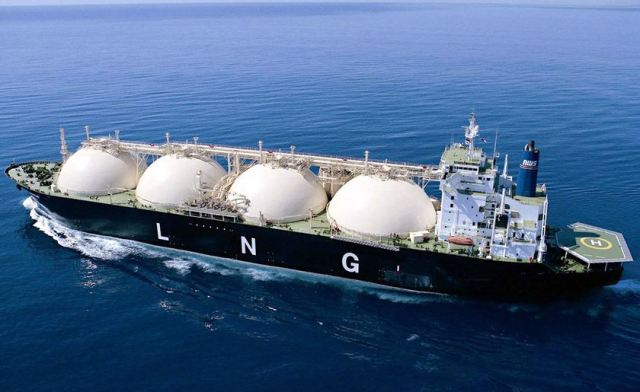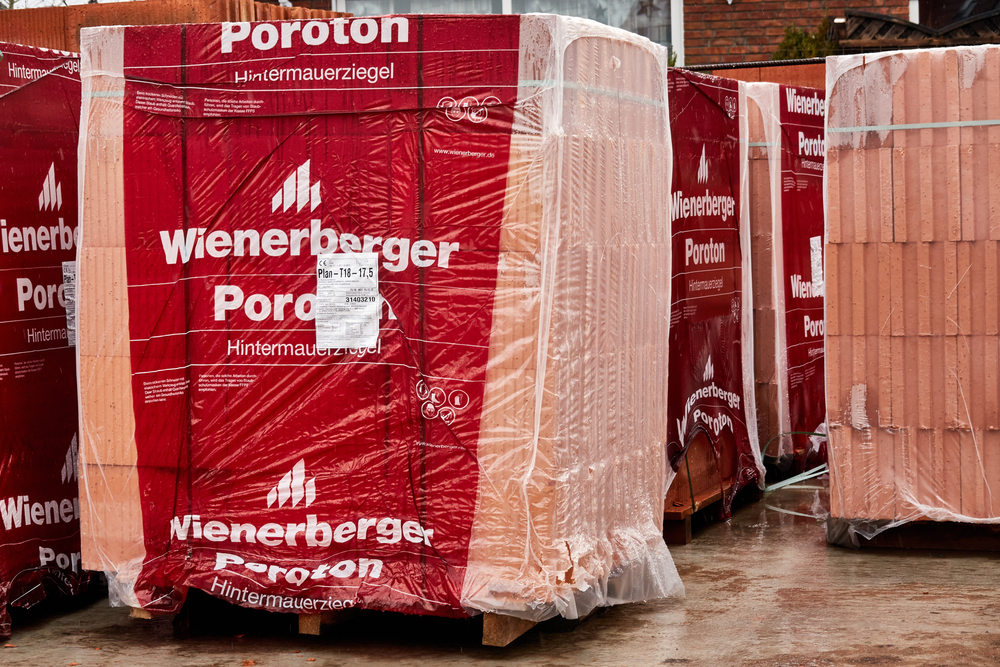Businesses must do more to reach CO2-neutrality, BCSDH says

Photo by sarayut_sy / Shutterstock.com
For the first time, research has been conducted on the status quo of the Hungarian business sector in relation to carbon-neutral operations. The picture is not so bright – although 31% of leading companies already have net zero emissions targets, this figure is below the international benchmarks and below the level required for real change, according to the Towards Net Zero research of the Hungarian Business Council for Sustainable Development (BCSDH), with the professional support of Deloitte.
The results of the research were presented at the Net Zero Ambitions Forum, co-organized by BCSDH and the British Embassy.
“This is the first time in Hungary that a survey has been conducted about the carbon neutrality aspirations and challenges of companies. The results of such timely and valuable research serve as an important guide to defining the most urgent tasks, such as the recognition of the opportunities created by financing, and of reducing and measuring greenhouse gases. Provides guidance on how the transition between the current situation and achieving the desired net-zero operations can be accelerated with existing tools,” said Irén Márta, director of BCSDH, in her introduction.
Some 60% of the companies that were surveyed have emission reduction policies, and 30% plan to have one in the next five years. Only 10% said they did not even plan such measures. But only 50% of companies have a specific target for reducing greenhouse gas emissions.
“It’s good to see that BCSDH member companies are at the forefront of setting climate-related goals, but our job is to mobilize a wider business community. Every company is affected by climate change, and every company has the opportunity to positively influence it. The goal is no longer just reducing greenhouse gas emissions but achieving net-zero emissions. Research has shown that there is a high level of uncertainty, a lack of knowledge, and often an inadequate allocation of resources within companies. By presenting opportunities and good examples in this area, BCSDH can support its member companies and the wider business environment," said Attila Chikán Jr., president of BCSDH. "Accelerating the transition to net-zero operations requires a broader partnership that includes government and legislative support, and the Net Zero Advisory Board we launched in January can help with this."
Research has also shown that in order for companies to set real net-zero targets, they need to take big steps in terms of measuring emissions and introducing an internal price for carbon. For those who are just starting the process, reducing waste, investing in energy efficiency, switching to renewable energy, and increasing resource efficiency can be the first steps.
However, BCSDH says that it is important to emphasize that one needs to go much further than this to create a real net zero-emission economy in Hungary by 2050, adding that efforts to achieve the Paris climate targets need to be significantly increased in Hungary and around the world. One of the goals of COP 26 in November is to set targets for achieving net-zero in a uniform and scientifically sound way.
“As hosts of the COP26, the U.K. is working with businesses, governments, and civil society to drive action across key sectors of the economy to reduce emissions, adapt to the effects of climate change and strengthen resilience, while also striving to "build back better" as we recover from the COVID-19 pandemic," highlighted Paul Fox, British Ambassador, member of the Net Zero Advisory Board.
SUPPORT THE BUDAPEST BUSINESS JOURNAL
Producing journalism that is worthy of the name is a costly business. For 27 years, the publishers, editors and reporters of the Budapest Business Journal have striven to bring you business news that works, information that you can trust, that is factual, accurate and presented without fear or favor.
Newspaper organizations across the globe have struggled to find a business model that allows them to continue to excel, without compromising their ability to perform. Most recently, some have experimented with the idea of involving their most important stakeholders, their readers.
We would like to offer that same opportunity to our readers. We would like to invite you to help us deliver the quality business journalism you require. Hit our Support the BBJ button and you can choose the how much and how often you send us your contributions.









